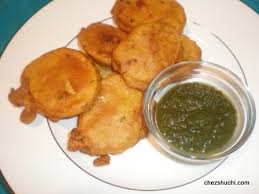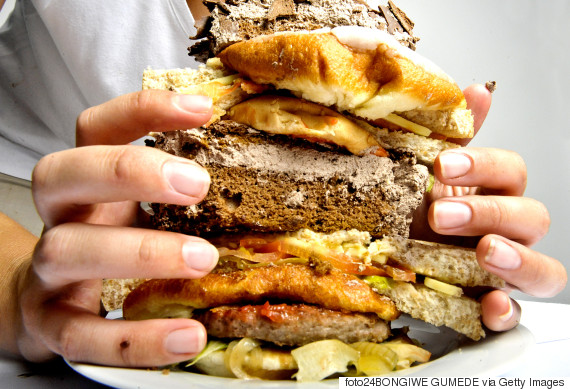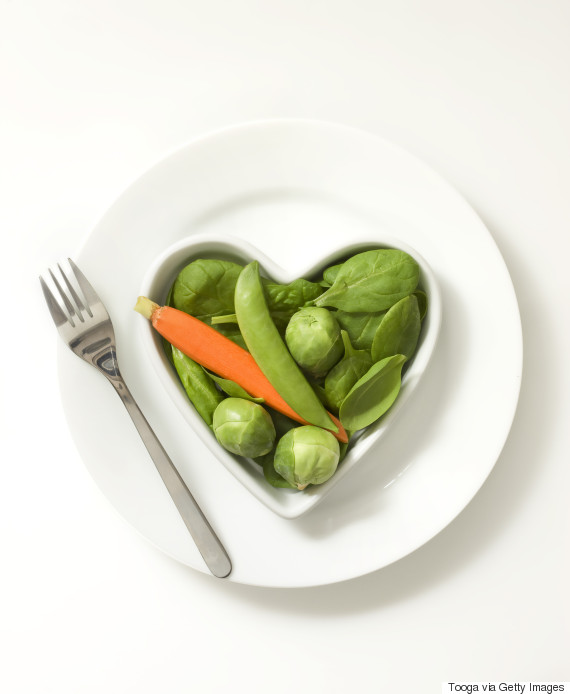Deep-fried foods – ooh, sooooo tempting!
But we avoid deep frying for health considerations. However, deep frying at home certainly does not have to be unhealthy. It largely comes down to the type of oil you use, and how you use it.
When a food is submerged in oil at 350-375°F, its surface cooks almost instantly and forms a type of “seal” that the oil cannot penetrate. At the same time, the moisture inside the food turns into steam, cooking the food from the inside. The steam also helps to keep the oil out of the food. If the temperature is too low, the oil will seep into the food, making it greasy and sickening. If the temperature is too high, it can dry out the food and oxidize the oil.
We want to select oils which are stable at high temperatures. The more saturated the fats in an oil are, the more stable they are when heated. Taste obviously matters as well. When deep frying, oils that have a “neutral” flavor are generally preferred.
The Winner: Coconut Oil is The Healthiest Oil For Deep Frying

Coconut oil is the best choice overall.
Studies have shown that even after 8 hours of continuous deep frying at 180°C, its quality does not deteriorate.
Over 90% of the fatty acids in coconut oil are saturated, which makes it very resistant to heat.
Saturated fats used to be considered unhealthy, but new studies show that they are a completely harmless source of energy.
Additionally, coconut oil has numerous health benefits. For example, it can help kill harmful bacteria and viruses, and may even help you lose belly fat.
There are several other good options to consider.
Olive Oil
One study found that olive oil can be used in a deep fryer for over 24 hours before it oxidizes excessively. In theory, this makes it a great choice for deep frying. However, the flavor and fragrance of olive oil may not hold up well when heated for a long time.
Palm Oil
Palm oil consists mostly of saturated and monounsaturated fats, making it a great choice for deep frying.
Ghee
Traditionally, ghee is used in India and the Middle east for deep frying, and is a healthy choice.
Fats and Oils That Should Not be Used For Deep Frying
There are several fats and oils that you should definitely not use.
This includes industrial vegetable oils.

These oils are extracted from seeds, and need to go through very harsh processing methods. They are high in polyunsaturated fats, with a terrible Omega-6:Omega-3 ratio, and up to 4% of the fatty acids in them are toxic trans fats. Not only should you avoid them for deep frying, but you should make an effort to avoid them altogether.
This includes, but is not limited to:
Soybean, Corn, Canola oil (rapeseed oil), Cottonseed, Safflower, Rice bran , Grape seed, Sunflower and Sesame oil.
Take Home Message
Ever since fat was demonized, deep frying has had a terrible reputation. It is true that with the wrong oils, such as harmful vegetable oils, deep-fried food is most definitely bad for you. But with the right oils, you can enjoy the occasional deep-fried treat (preferably home-made) without the guilt. For certain foods, it can take the flavor to a whole new level.
So we can Stay Healthy and still Enjoy!





 Heart disease is a top killer. But four out of five cases of heart disease don’t have to happen and you can take control of your heart health.Cardiologists at the Mayo Clinic have come up with a
Heart disease is a top killer. But four out of five cases of heart disease don’t have to happen and you can take control of your heart health.Cardiologists at the Mayo Clinic have come up with a 